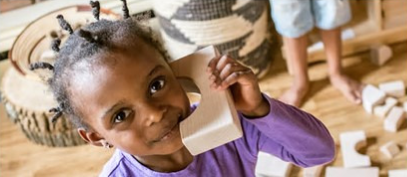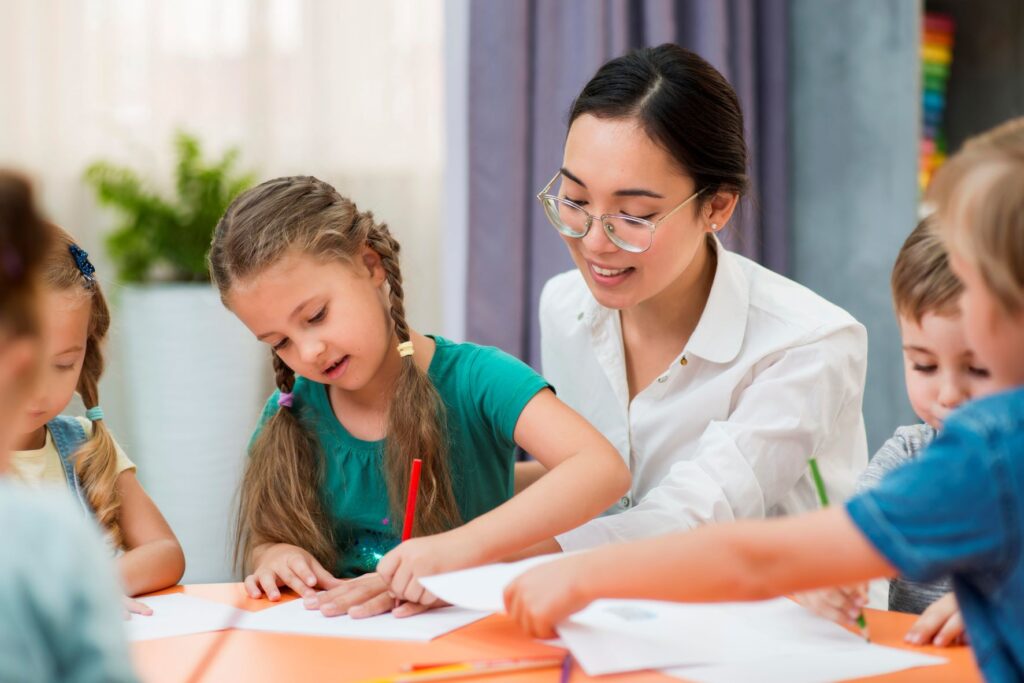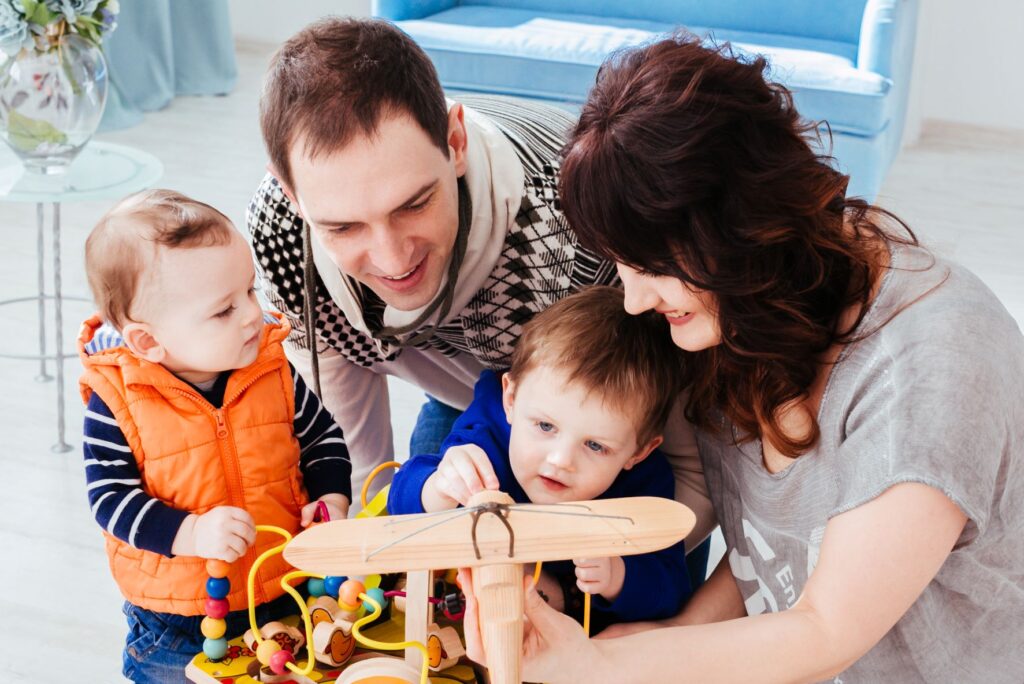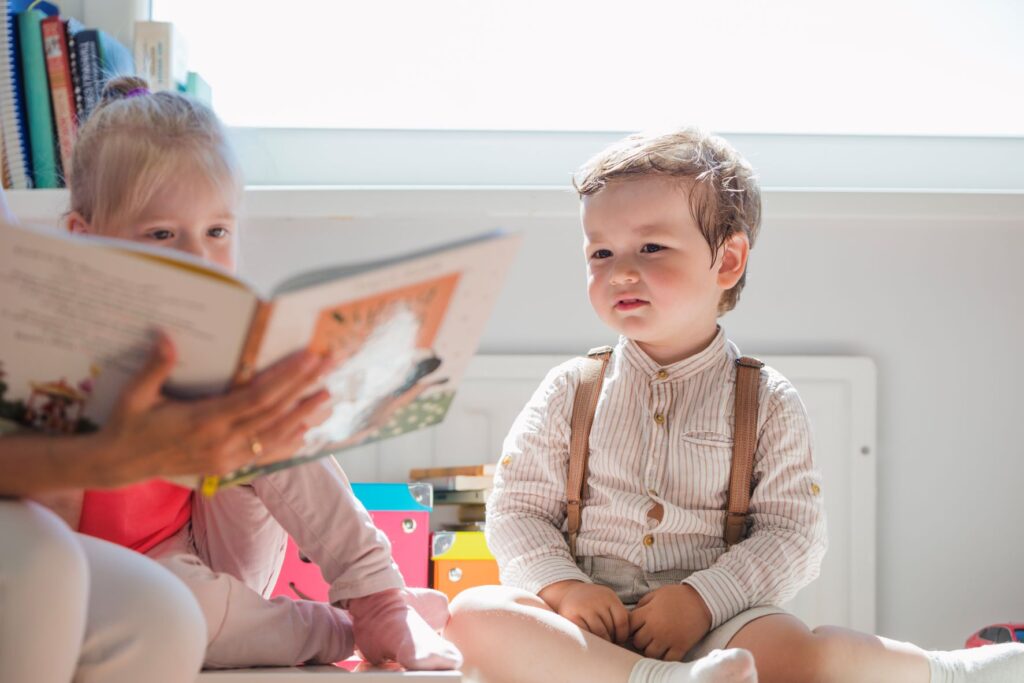Oh, that’s how that works—wow! Your FS1 (3 -4 years old) inquisitive little mind is going ten million miles an hour as they start putting together all the information that they’ve gathered about the world during toddlerhood, from motion and body movements to using new materials and supplies to craft something unique.
Block Play
At Little Explorers, blocks are a very big part of our continuous provision. They offer an open-ended, creative and valuable learning experience. It also offers children freedom – to explore, take apart and put back together any block-based creation they can think of. They are amazing open-ended resources and support our children to learn through play.
1. Playing and Exploring:
Blocks offer a great platform to explore and develop problem-solving and reasoning skills. This can be deliberate, with children consciously working to develop a solution, or as a natural consequence of play, as they are willing to have a go and learn first-hand what does and what doesn’t work.
2. Active learning - Mathematics:
Due to the many shapes and sizes, blocks offer ample opportunity for children to practice important maths skills, covering measurement, number, symmetry, balance and estimation. By comparing shapes and sizes, creating patterns or providing measuring and weighing tools, we can extend play and exploration.
3. Creating and thinking critically:
Children can take risks in their block play, helping them to discover that they have independent ideas. Children experience a sense of achievement as they ‘have a go’, creating and developing something new and innovative.
4. Personal and Social Development:
Block play allows children to co-construct and negotiate. They take turns, share materials and cooperate with others, forging new friendships. It also encourages self-reliance, increases attention span and develops their sense of self.
5. Physical development:
Block play promotes the development of spatial awareness and develops hand-eye coordination as children reach for, lift, move and build with blocks, strengthening their fingers, hands and arms.
6. Communication & Literacy:
As children encounter new experiences through block play, there are countless opportunities for discussion and the development of new vocabulary. Social interaction with adults and peers unlocks further benefits, while using blocks can support story creation and collaborative storytelling.
Children are able to express themselves through their play, creations and discoveries, a form of communication that’s particularly valuable for bilingual or non-verbal children.
7. Understanding the World:
Through the exploration of cause and effect and experimentation, children are able to develop their problem-solving skills, test hypotheses and practice scientific reasoning. Blocks help them to become familiar with balance, weight, spatial awareness as they play deep learning occurs.
8. Expressive Arts and Design:
Through block play children are free to follow their own ideas as they embark on a voyage of discovery or share in the development of their friends’ creations.
Blocks are loose parts, meaning children are free to combine and recombine them in countless ways. Our teachers add alternative resources such as dough, small world characters or paint and pencils to further extend opportunities for creativity.
While times have changed brain development hasn’t. in fact, we know children learn best through play when they are relaxed, engaged and having fun. While safely using and exploring a variety of materials, tools and techniques experimenting with color, design, texture, form and function.
They love to share their creations, explaining the process they have used.
While stretching their imaginations, they sharpen fine motor skills and hand-eye coordination, laying a foundation for early math concepts.




